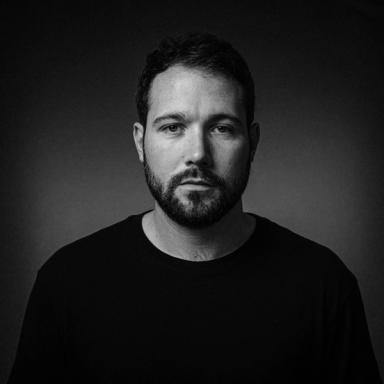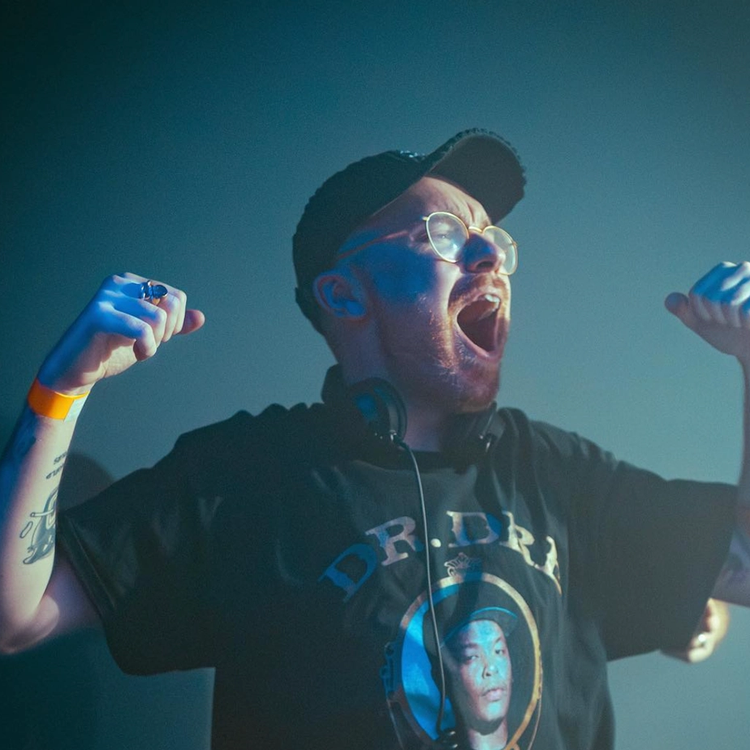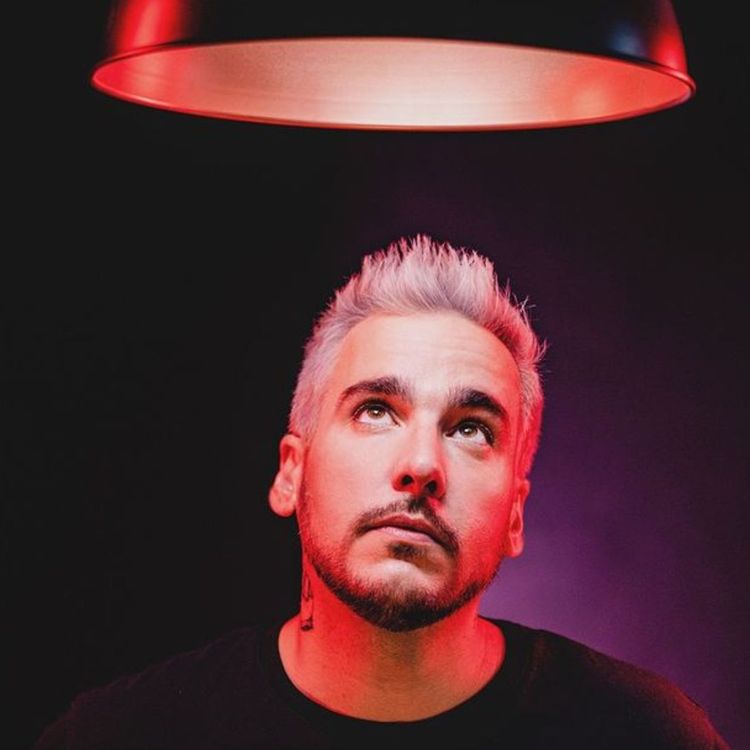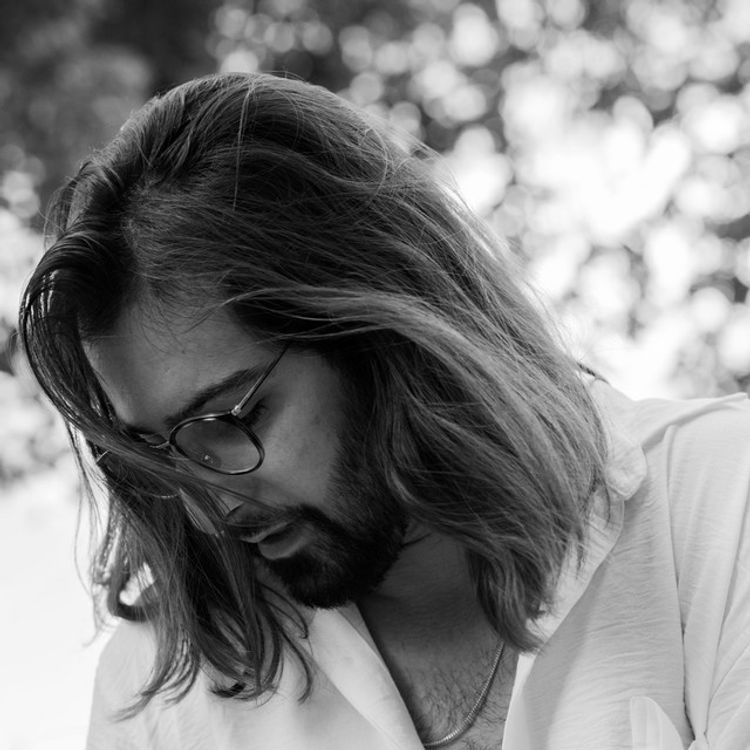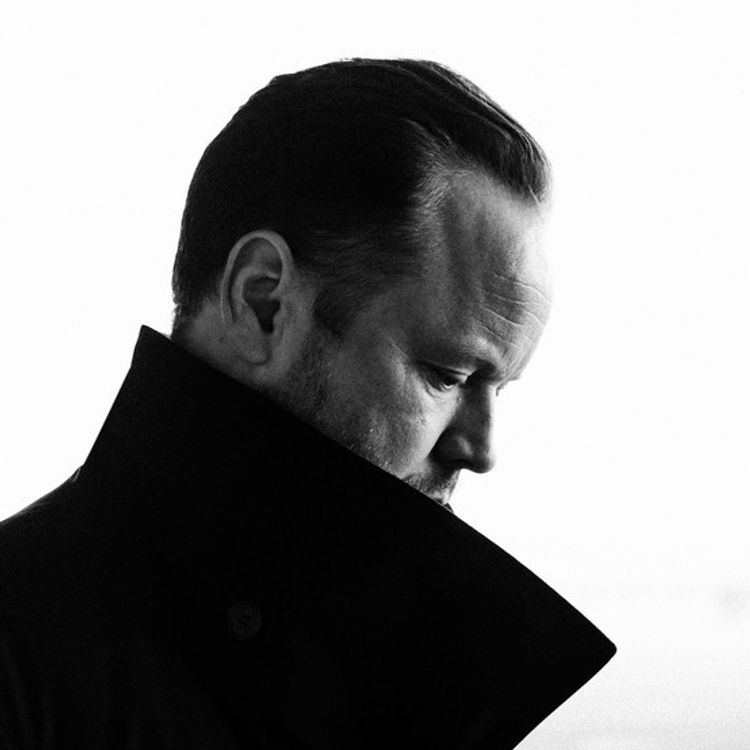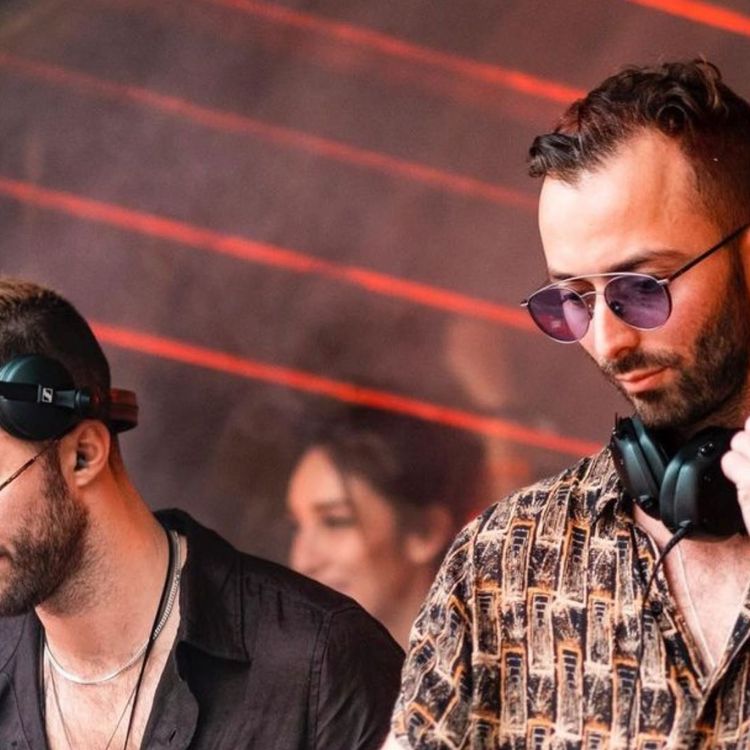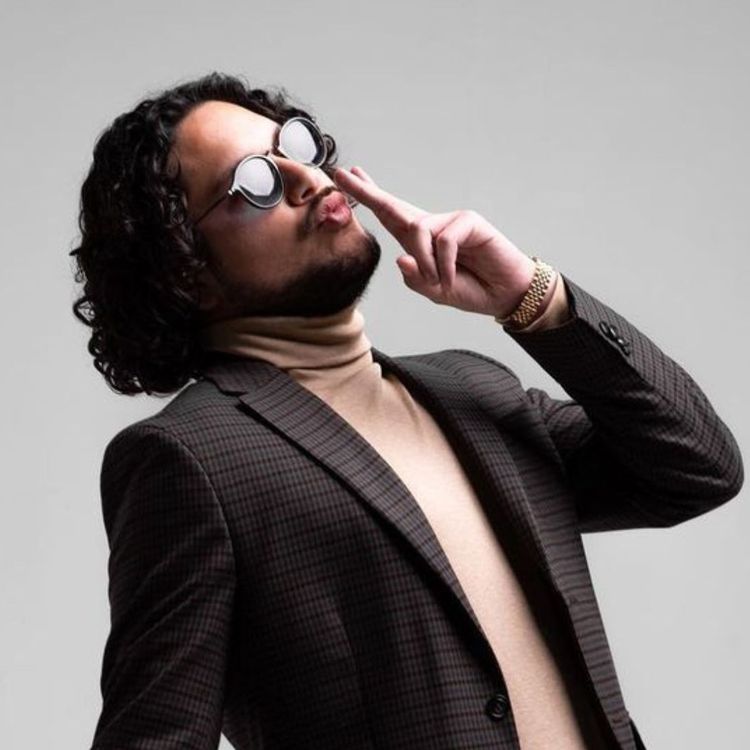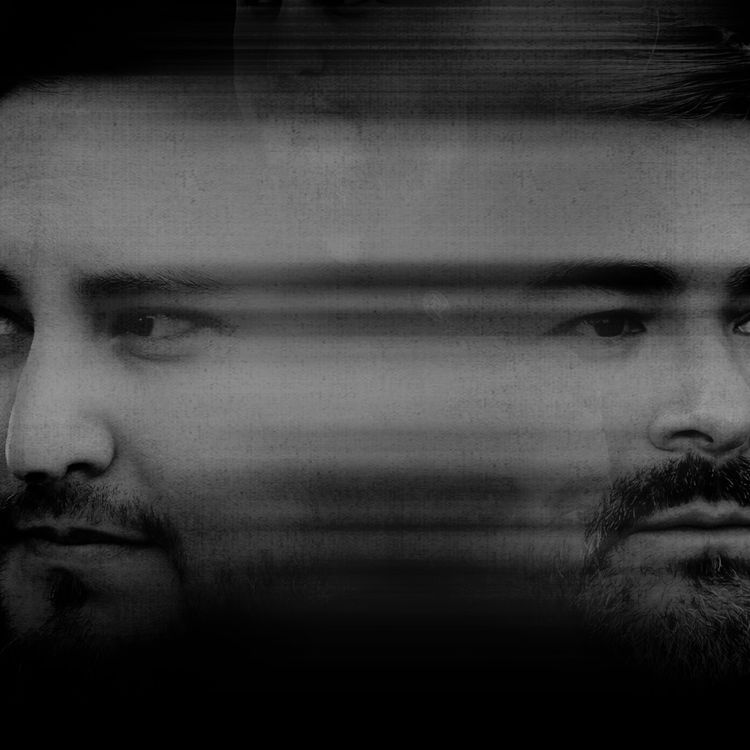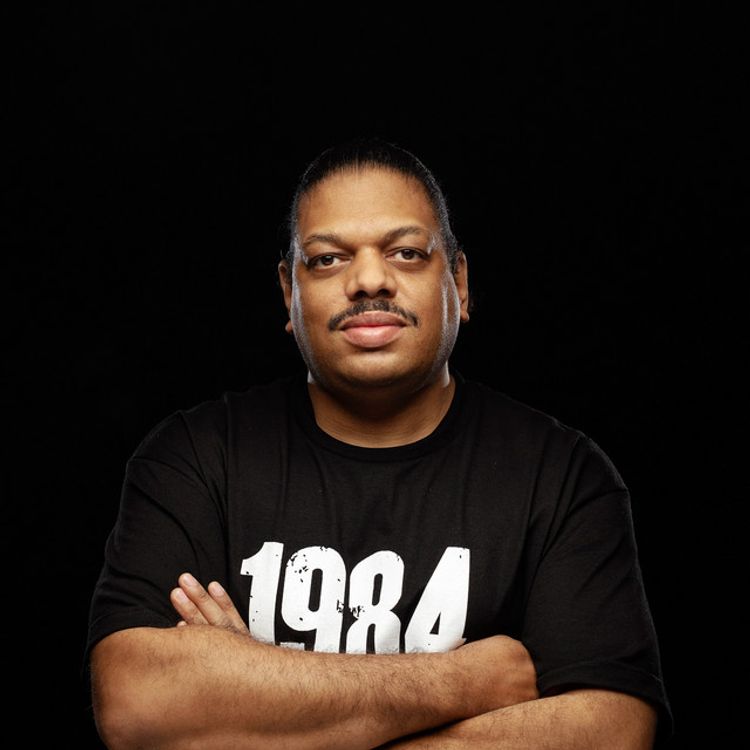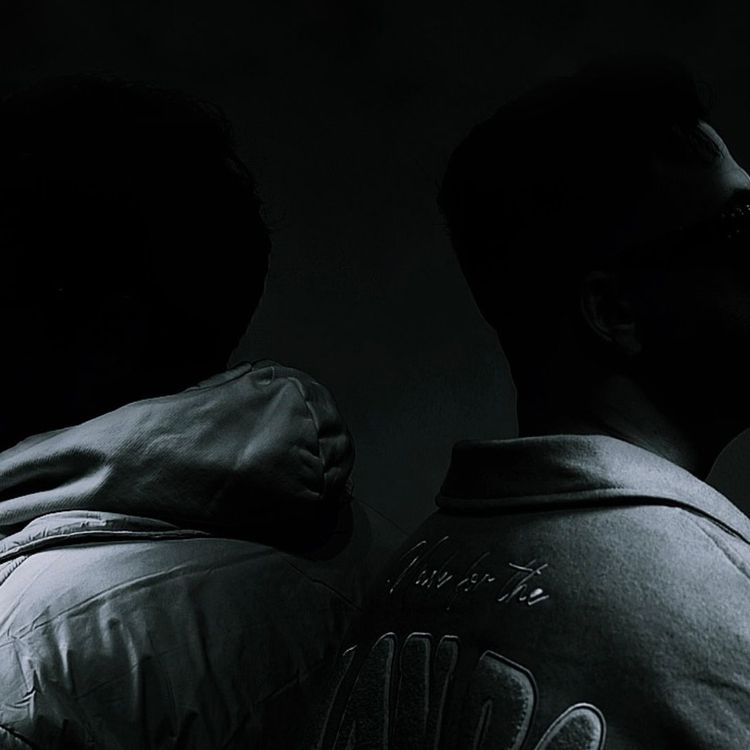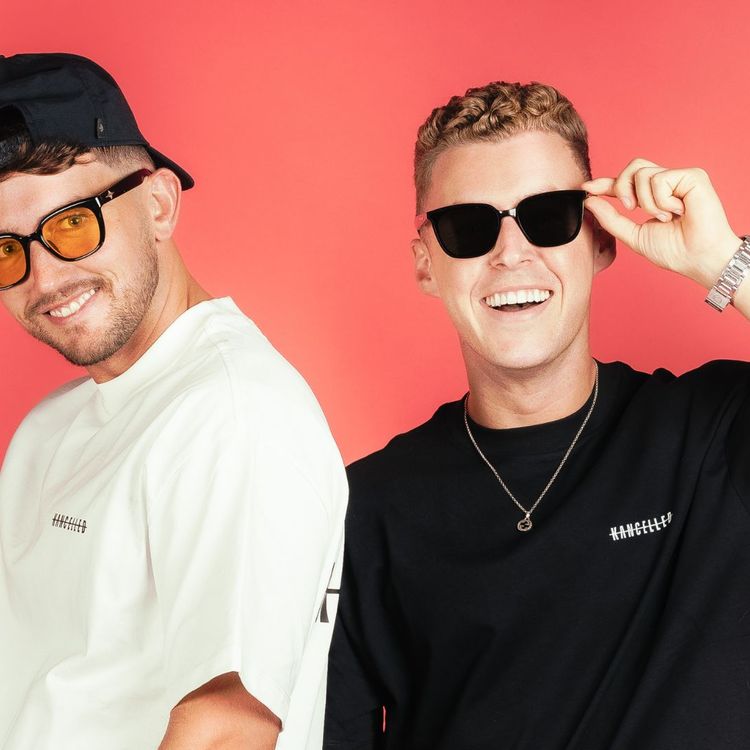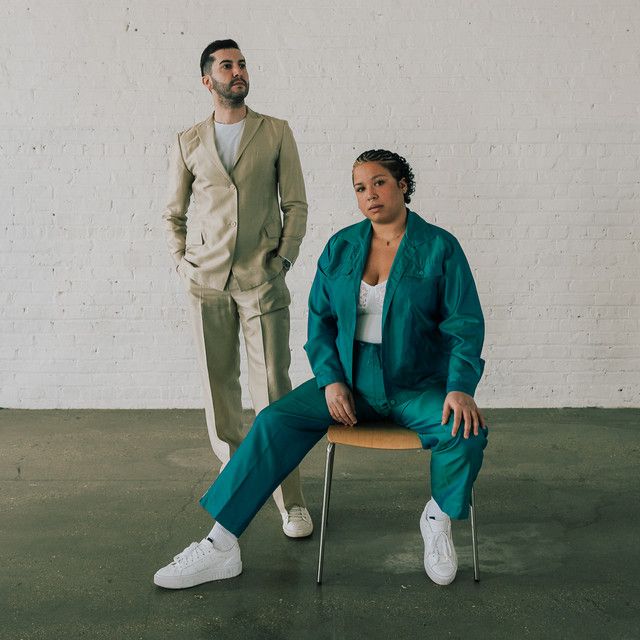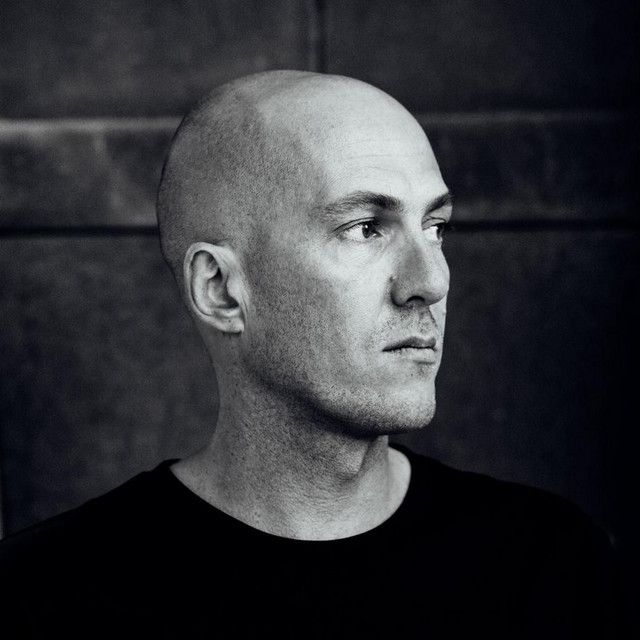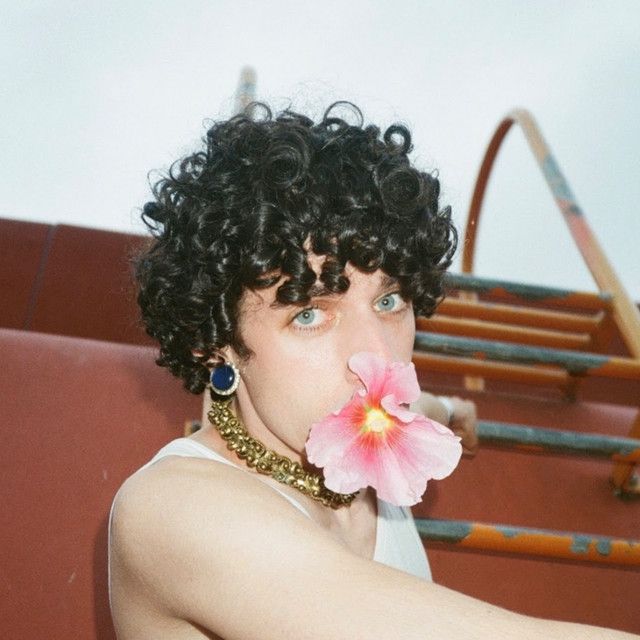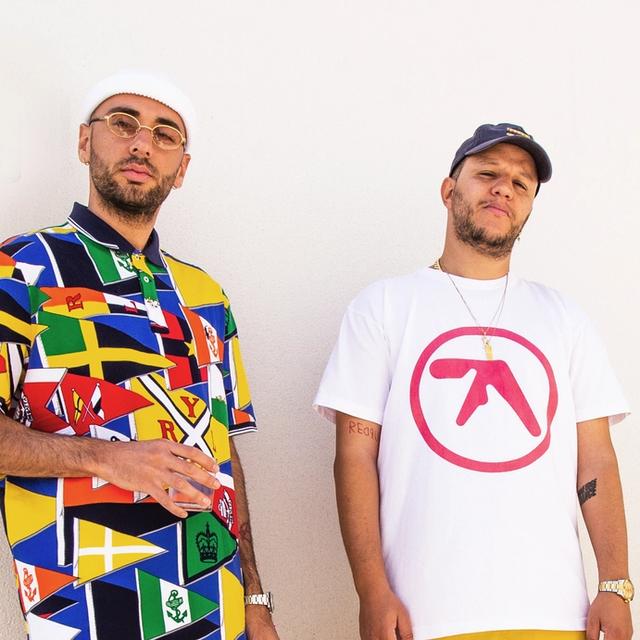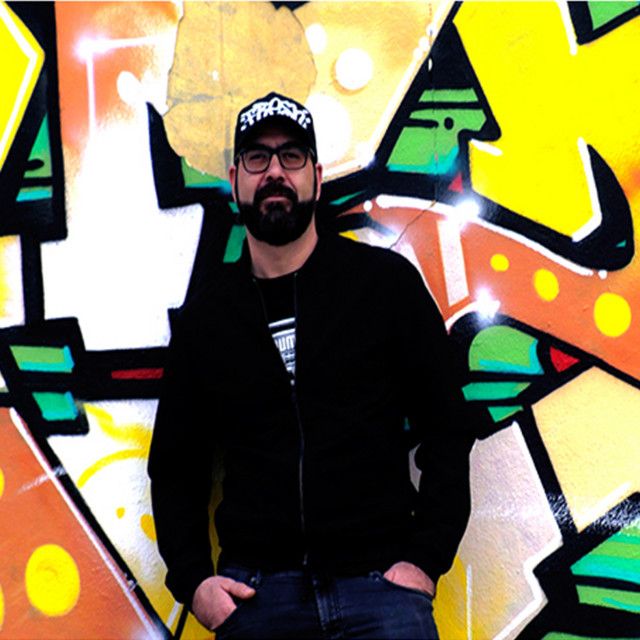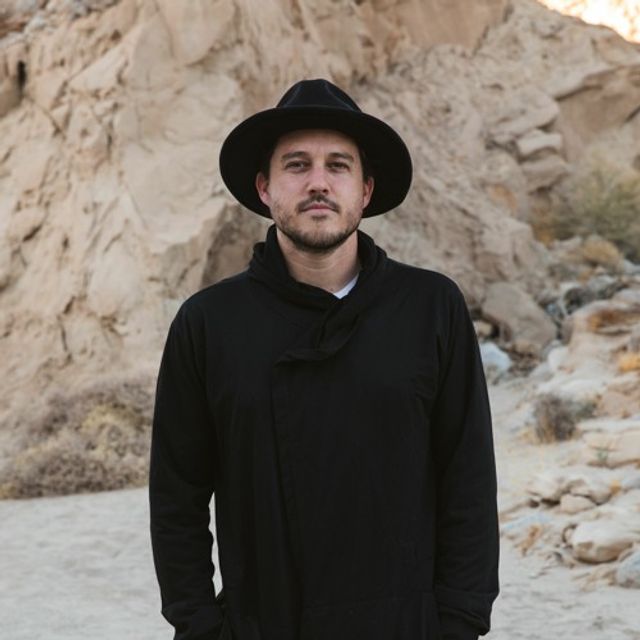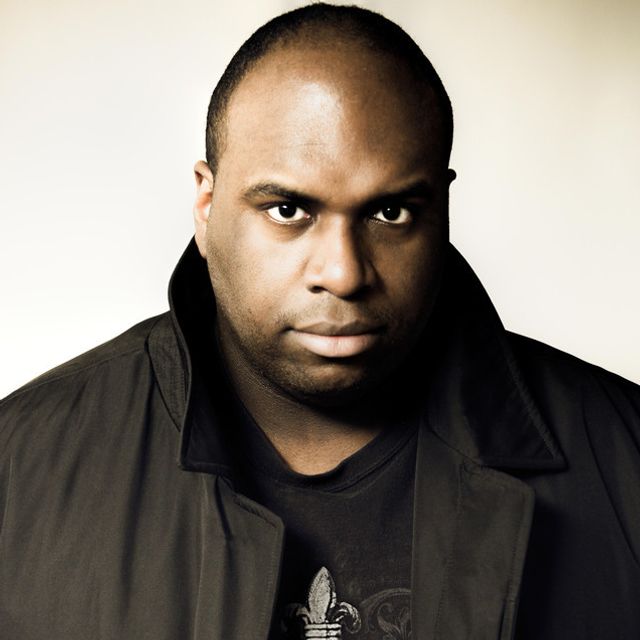Artist Spotlight
French DJ and producer Mathieu Mourareau, aka Space 92, exploded out of the gate in 2019 with a heavy arsenal of grinding, synth-laden galactic beats that quickly pushed him to the top of the techno charts and into sets of everyone from UMEK, Oliver Heldens, and deadmau5 to David Guetta, Andrew Rayel, and Joel Corry. He quickly achieved unprecedented universal appeal in a genre that often attracts black-clad, chin-stroking purists due to his ability to fluidly bridge the gap between soaring trance-inspired melodics and warehouse-rattling rhythms. By the end of 2020, he was crowned the top-selling techno act of the year by Beatport, replacing long-time techno champion and friend UMEK.
Dispelling the myth that selling records is directly linked to touring, Mourareau hit his stride amidst a global pandemic. In his first year, he topped the charts three times with brilliantly crafted techno bombs that are dancefloor-ready and beautifully sophisticated. And in the short time since, he's become a sought-after artist collaborating with HI-LO on 2022's "Mercury," UMEK and Popof on "Control," remixing for Eats Everything, and dropping dozens of original works across labels like Reinier Zonneveld's Filth On Acid, Codex, and UMEK's 1605.
Growth like this is remarkable and a testament to how effortlessly he manipulates sound into emotionally drenched sonic soundscapes. And while it may seem like he came out of nowhere, guns blazing, his relationship with dance music goes back to his teenage years, even before he started producing under his previous moniker, Matt Minimal. He discovered dance music much like anyone else in the late aughts through covert downloads loaded onto his iPod. Growing up in Carcassonne, France, he didn't even realize that the pounding rhythms of Stephen Bodzin were meant for the dancefloor, yet he was immediately transfixed.
We caught up with Space 92 to dive deeper into the years in between him initially falling in love with dance music and his rise to being one of techno's most potently talented and highly recognized artists.
So you started the Space 92 project fairly recently, in 2019, but you've been producing and putting out records for much longer. Can you tell us how you first fell in love with dance music?
Hey guys, thanks for having me! I fell in love with electronic music when I was a teenager. I mean, I was always a music lover, but one day I downloaded a bunch of stuff on my iPod, and in there was Stephan Bodzin. I immediately had a revelation. It's as if this type of music had always been inside my head, and I wasn't aware of it. I instantly knew I had to do this.
You've said you always had melodies in your head. Do you come from a musical family?
My parents enjoyed and still enjoy listening to music, but that's it. I did not grow up in a specifically music-oriented family background at all.
What were your parents listening to before you started to develop your own musical tastes?
Good old pop music and a few 'serious' French songwriters, pretty much like everyone else. I do, too; I like listening to pop music, indie bands, and French chanteurs. I love music of all shapes and colors.
How did that influence your music, if at all?
Well, every [pop] song has a structure, a chorus, a beat, and a certain bass sound, so why should it be different for techno? Pop music has shown us how to make catchy choruses. The Bob Dylans and Jacques Brels of this world have demonstrated the importance of words. Hip-hop is built around the power of the beat. The sound of factory machines has perhaps contributed to the birth of techno music in Detroit. Every musical genre, every sound or noise, is an influence.
When you discovered dance music while BMX biking, what was so compelling to you?
I instinctively understood electronic music's physicality—the translation or conversion of a beat into body movements. BMX biking was another way to express what I felt while listening to these pulsating beats. Then I found out that people actually danced to that at parties [laughs].
You started things off with the Matt Minimal project, but you've said you always were driven by the melodies of artists like Tale of Us. What was it about the minimal wave that caught your attention?
I guess it's a combination of several factors, but mainly minimal had a purity to it that I admired. Also, it was very big at the time, and, as a young producer, I was obviously influenced by what was going on. I must've been 19 at the time, so I kind of followed the trend.
You had a lot of success as Matt Minimal. What prompted the change in name and style?
Since I started producing at a young age, it took me a while to determine what I liked and who I was. It took me ten years to find my true identity. In this process, I learned that trends do not matter, that you should never try to please everyone and that you always have to stay true to yourself, no matter what. And, most importantly, you have to work like a beast, which I did since we were in the middle of COVID lockdown, and I really had nothing else to do.
Space 92 was almost an instant success. Why do you think it did so well, so quickly?
I am indeed so grateful and blessed because things happened almost overnight. I think the reason is because I stayed true to myself, worked hard, and made no concessions about what I wanted. Of course, I was lucky to meet the right people at the right time—my manager especially.
You had your first Beatport #1 at the strangest time in the world. What was it like having so much success with a genre meant for the dancefloor when no one could dance in the club or at a festival?
This was absolutely crazy. I remember the first articles about me being published and how almost all of them were amazed by the fact I had never played in front of a crowd, ever, as Space 92! And it was true. I had to wait for a year before finally being able to perform.
Having so much success without being able to play in front of a crowd drove me almost insane. I was dying from frustration. I did a couple of livestreams too, and they did super well, but man…The day I was finally able to play was the happiest day of my life! This is perhaps why I'm always so enthusiastic when I'm performing. I guess I'm afraid deep down that it'll be taken away from me, so I enjoy each show like it's my last.
UMEK told you weeks before being named the #1 best-selling techno artist of 2020 that it would happen. After looking up to him for so long, how did it feel to get such a prophetic message?
UMEK is one of my all-time heroes, and when he sent me a DM on Instagram telling me he believed I would be the next Number One, I thought I was hallucinating or something. Then, after I read and re-read his message, I felt so proud. His validation gave me so much confidence; it really boosted me. I will eternally be grateful to him for his encouraging words.
There's been a tremendous amount of crossover between the anthemic melody-driven techno and trance recently (and historically). You've received massive support from across genres. Do you think breaking down the barriers between genres ultimately benefits everyone in dance music?
Electronic music sub-genres, just like all other musical sub-genres, suffer from some fans' extreme gatekeeping, and I am not a fan of that. But yeah, I have indeed seen the lines between genres getting blurred these past years. Some EDM producers have been playing harder styles, while some techno artists have remixed popular songs. For me, it's all good. As long as people dance, I don't see the issue. Music is music.
You have a collaborative project with Popof, Turbulences. Can you talk about how that came to be?
Turbulences is a young project which was born last year. Popof and I were getting along so well on a personal and musical level we thought we'd try setting up a B2B for fun. It worked so well [and] the chemistry was so strong that we decided to take it up a notch and come up with a hybrid/live act that would include custom-made tracks and edited classics. Turbulences' global debut took place in Tokyo, on the Ultra-Resistance stage last summer. It actually worked so well we're due to perform on the Ultra Resistance Miami Megastructure headliners' stage in March. In addition, [we're] headlining Ultra Resistance Brazil, playing at CRSSD Festival in California, and more. We are super happy!

Space 92 and Popof at Resistance Tokyo
Besides having originals together, you also have re-edits of classics. Why is this sense of nostalgia so important to both of you?
For us, it's not so much about nostalgia as it is about playing beautiful music that appeals to all ages. This being said, it's nice to play those classics to our younger fans who weren't born back then. I wish I had been old enough to experience the Detroit Techno era.
What is that drink you're always drinking in your Insta videos?
[laughs] Everyone's asking! It's maté, a South American herbal drink.
